It is well-known that your oral health affects your overall health but did you know that dental health has correlations to heart disease, Alzheimer’s Disease, and diabetes? In this series of blog posts, we’ll be delving into how oral health is linked to such extreme health conditions and what you can do about it.
In the last blog post, we discussed the symptoms associated with periodontitis and what preventative measures can be taken to improve your condition before it gets to that stage. But what if you already have heart disease? How does heart disease impact your future dental treatment?
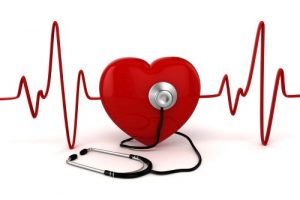
Antibiotics Before Dental Treatment
Taking antibiotics before dental treatment has all to do with endocarditis (i.e. an infection of the heart) and can be life-threatening. It occurs when bacteria carried in your bloodstream attach to damaged heart tissue such as impaired heart valves. People who suffer from certain heart conditions have a higher risk of contracting endocarditis and therefore will need to take antibiotics before a dental appointment to lower that risk.
The key to all of this is to be in constant communication with your doctor and your dentist. Do not start taking any new medication or stop taking any old medication without consulting your doctor first (who will be in contact with your dentist and vice versa).
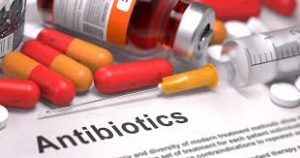
Generally speaking, pre-treatment with antibiotics is recommended for the following (but, as previously mentioned, follow the advice of your doctor and dentist):
- If you have suffered endocarditis in the past;
- If you have artificial heart valves;
- If you have had a heart transplant but later on developed problems with your heart valves;
- If you were born with cyanotic heart disease (which has since not been repaired completely – this includes people who suffer shunts and conduits);
- If you were born with a heart defect that was completely repaired with prosthetic material/device (antibiotics would only be recommended for the first six months after the reparation procedure);
- If you had any heart defect at birth which was then repaired but there still remains a defect at or next to the site of the prosthetic material/device; and
- If you suffer from a heart condition and intend to undergo any dental procedures that involve making an incision or manipulating the gums/tissue around a tooth root.
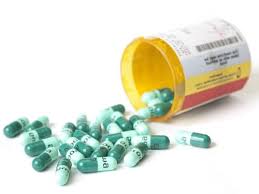
Pre-treatment antibiotics are generally no longer required for:
- People with acquired heart valve dysfunction (e.g. rheumatic heart disease);
- People with mitral valve prolapse;
- People with bicuspid valve disease;
- People with calcified aortic stenosis;
- People with congenital heart conditions (e.g. ventricular septal defect, atrial septal defect, and hypertrophic cardiomyopathy);
- Routine anaesthetic injections through uninfected tissue;
- Taking dental radiographs (i.e. X-rays);
- Placement of dentures;
- Placement/adjustment of removable orthodontic appliances and the bracket part of braces;
- The natural loss of baby teeth (only applicable to children); and
- Bleeding from oral trauma.
What If I Experience…?
Heart Attack (Myocardial Infarction)
It is advisable to wait for six months before going ahead with most dental treatments. Check to make sure your dentist has oxygen and nitro-glycerine on hand when you do go in for your appointment. Above all, make sure you talk to both your doctor and dentist before starting up any dental treatment after you’ve had a heart attack to make sure you are in a stable physiological state.
There may be particular medicines that you are required to take after experiencing a heart attack that could impact on dental treatment. For example, blood thinning medication would not be ideal if you were going in for an extraction as your blood would be less likely to clot, making the healing process a lot more complicated. As a result, your dentist may advise you to stop taking that blood thinning medication for a short period just before your extraction procedure but both you and your dentist must check with your doctor before stopping medication. Pre-treatment blood tests may also be required before dental procedures such as periodontal surgery or extractions.
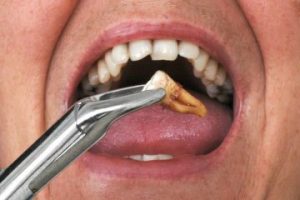
High Blood Pressure (Hypertension)
Your dentist should check your blood pressure at each dental visit to determine if you can undergo non-emergency dental treatment, depending on:
- Your blood pressure;
- How well your blood pressure is controlled; and
- Whether you have other medical conditions.
Generally speaking, if you suffer high blood pressure, you can normally safely take anti-anxiety medication (e.g. nitrous oxide or diazepam/Valium) for dental procedures. You can also generally receive local anaesthetics even if they contain epinephrine.
If you take calcium channel blockers, you may experience gingival hyperplasia (i.e. overgrowth of your gums). Make sure that you remain vigilant with your daily brushing and flossing. Your dentist may also require you to go in for more regular dental check-ups and cleans to manage your gingival hyperplasia. If you stop taking this medication, your gums may recede back to normal over several months or you may need gum surgery.
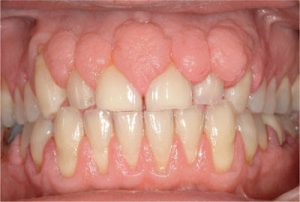
Coronary Artery Bypass Graft (CABG)
For the first couple of weeks after the surgery, you may experience severe pain when lying in the dental chair. You may have to work with your dentist to find a comfortable position for you. For the first six months after the surgery, if you intend on having dental treatment, speak to your doctor to check if you need pre-treatment antibiotics.
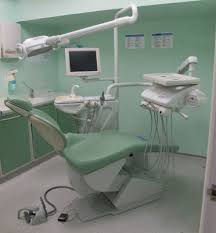
Angina (Ischemic Chest Pain)
Like with people who suffer from high blood pressure, if you take calcium channel blockers, you may experience gingival hyperplasia (see above). If you have a stable angina, you can be treated just like any other patient except your dentist should have oxygen and nitro-glycerine on hand at your dental appointment and your dentist should also talk to your doctor before the appointment.
If you suffer from an unstable angina, you shouldn’t undergo any non-emergency dental treatment. If emergency dental treatment is required, your heart would be continuously monitored.
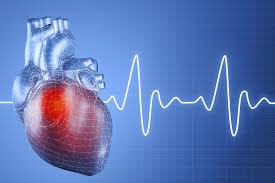
Stress may trigger angina attacks so if being in the dental chair increases your anxiety, you can speak with your dentist to come up with ways to manage/reduce your stress. And obviously, if you feel any discomfort in your chest, you should let your dentist know straight away.
High Cholesterol (Hyperlipidemia)
High cholesterol is when there are too many fatty deposits found in the blood stream which can potentially clog up a person’s arteries, leading to a heart attack or stroke. Some types of medication that treat high cholesterol can lead to feeling faint when you get up from the dental chair. Other types of medication may cause undesirable effects when taken in conjunction with certain drugs the dentist may prescribe. In either case, it is most advisable to consult your dentist and let them know any concerns or adverse effects you are experiencing.
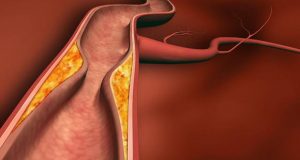
Stroke
Stroke may cause many long-term effects including (but not limited to):
- Paralysis;
- Difficulty speaking and swallowing; and
- Increased or decreased sensitivity to pain.
If you suffer paralysis to one side of your body, you may need special toothbrushes and floss holders to help you with your daily brushing and flossing. If you wear dentures, they may also need to be adjusted. If the paralysis involves your face or tongue, you may find it difficult or impossible to rinse your mouth. You may also be unaware of food left in your mouth, or biting your lip or tongue.

As with people who suffer from heart attacks, if you are on blood thinning medication, you may need to stop taking it for a short period before undergoing certain dental treatments (such as extraction – see above). Always consult with your doctor before stopping medication. Bring your latest blood test results every time you visit your dentist.
Congestive Heart Failure (CHF)
Generally speaking, if you are being treated for congestive heart failure and you experience no complications, there should be no adjustments needed for dental treatment. However, many medications used to treat congestive heart failure cause xerostomia (dry mouth). Make sure you keep your dentist up to date about your list of medication so they can adjust their treatment plan accordingly if needed.
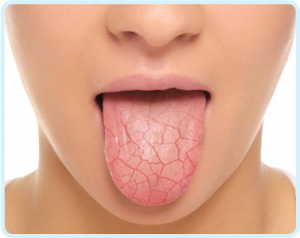
If you suffer from severe heart failure, it is inadvisable for you to lie down too far in the dental chair as there can be fluid build-up in your lungs which may affect your breathing. Ask your dentist to recline and incline the dental chair in stages so you don’t feel too dizzy or light-headed when you are lying down or sitting back up. Your dentist should consult with your doctor and/or cardiologist to discuss how severe your heart failure is to determine if you would be best treated in a hospital setting.
Pacemaker Implantation
The only interaction during dental treatment that would affect your pacemaker would be with electromagnetic devices in the dental surgery, such as machines used for ultrasound or electrosurgery. This is rare but you or your dentist should be able to find out any effects from speaking with your doctor or pacemaker manufacturer.
In the first few weeks after your pacemaker surgery, you should avoid having non-emergency dental treatment. If you must receive emergency dental treatment, you should discuss with your doctor and dentist whether you need to take pre-treatment antibiotics.
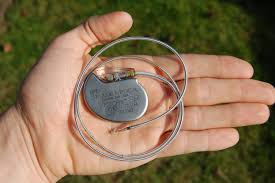
Please Always Remember
It is imperative to keep both your doctor and dentist up to date at all times. Constantly update your dentist on any new developments with regards to the medication you are taking; make sure your dentist knows the medicines you take, the dosage, and how regularly you take them. If you are experiencing heart disease of some kind, constant communication with your advising doctor, dentist, and even your cardiologist is incredibly important when considering future dental treatment.

